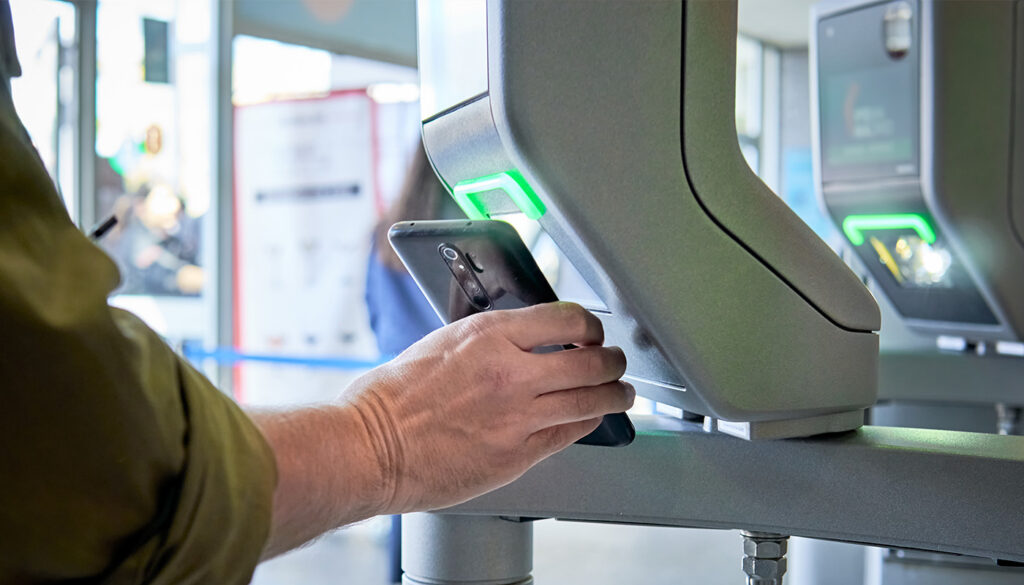In today’s digital world, email has become a crucial tool for businesses worldwide. However, relying heavily on email also puts businesses at risk of cybercrime and data breaches. Email authentication has become a key part of corporate security to tackle these dangers.
This blog explores why email authentication is vital for businesses, as it helps protect sensitive information, prevent phishing attacks, and build trust with customers and partners.
Common Email Authentication Methods
- Sender Policy Framework (SPF)
Sender Policy Framework (SPF) is an email authentication method that prevents email spoofing. It verifies whether the sending server is authorized to send emails to a specific domain. SPF achieves this by using a list of approved IP addresses or domains in the sender’s domain’s DNS records. When an email is received, the recipient’s server checks the SPF record to ensure that the sending server is allowed to send emails on behalf of that domain.
- DomainKeys Identified Mail (DKIM)
DomainKeys Identified Mail (DKIM) is an email authentication method that verifies the authenticity of an email and its sender using digital signatures. When a domain uses DKIM, a unique digital signature is added to each outgoing email. When the email reaches the recipient’s server, it checks the DKIM signature by retrieving the public key from the sender’s domain’s DNS records. If the signature is valid, it confirms that the email has not been tampered with during transmission and validates the sender’s identity.
- Domain-based Message Authentication, Reporting, and Conformance (DMARC)
DMARC is an email authentication protocol that works with SPF and DKIM. It allows domain owners to set authentication policies and instruct recipient servers on how to handle emails that fail authentication. DMARC also provides reports on failed authentication attempts, helping domain owners protect their reputations and prevent fraud.
Benefits of Email Authentication
- Enhanced Security
Email authentication greatly enhances email security by preventing unauthorized individuals from sending fraudulent emails using a domain’s name. It safeguards sensitive information and minimizes the chances of data breaches.
Email authentication methods like SPF, DKIM, and DMARC play a crucial role in preventing phishing attacks. They make sure that emails come from genuine sources, helping recipients recognize and trust legitimate emails. This reduces the risk of falling prey to phishing scams.
- Brand Protection and Trust
Implementing email authentication is essential for businesses to protect their brand reputation. It fosters trust among customers and partners by ensuring that the emails they receive are genuine and have not been altered during transmission. This helps maintain a positive image and establishes confidence in the authenticity of communication.
Best Practices for Email Authentication
- Use SPF, DKIM, and DMARC together: Combine SPF, DKIM, and DMARC for strong email authentication.
- Monitor DMARC reports: Regularly review DMARC reports to gain insights and spot potential issues.
- Keep DNS records updated: Ensure DNS records reflect authorized senders accurately.
- Implement gradually and test thoroughly: Roll out email authentication gradually and test it thoroughly before full deployment.
- Educate employees and partners: Train your team on email authentication best practices.
- Stay updated on industry standards: Keep up with the latest email authentication standards and guidelines.
- Conduct periodic audits and assessments: Regularly review and assess your email authentication implementation.
Conclusion
As cyber threats become more advanced, it is crucial for businesses to prioritize strong security measures. Email authentication is a key component in this effort, offering businesses a powerful defense against malicious individuals and safeguarding sensitive information. By implementing protocols like SPF, DKIM, and DMARC, organizations can significantly reduce the risk of phishing attacks, prevent email spoofing, and improve their overall cybersecurity. Embracing email authentication is necessary to build trust with customers, protect brand reputation, and stay ahead in the digital world.


